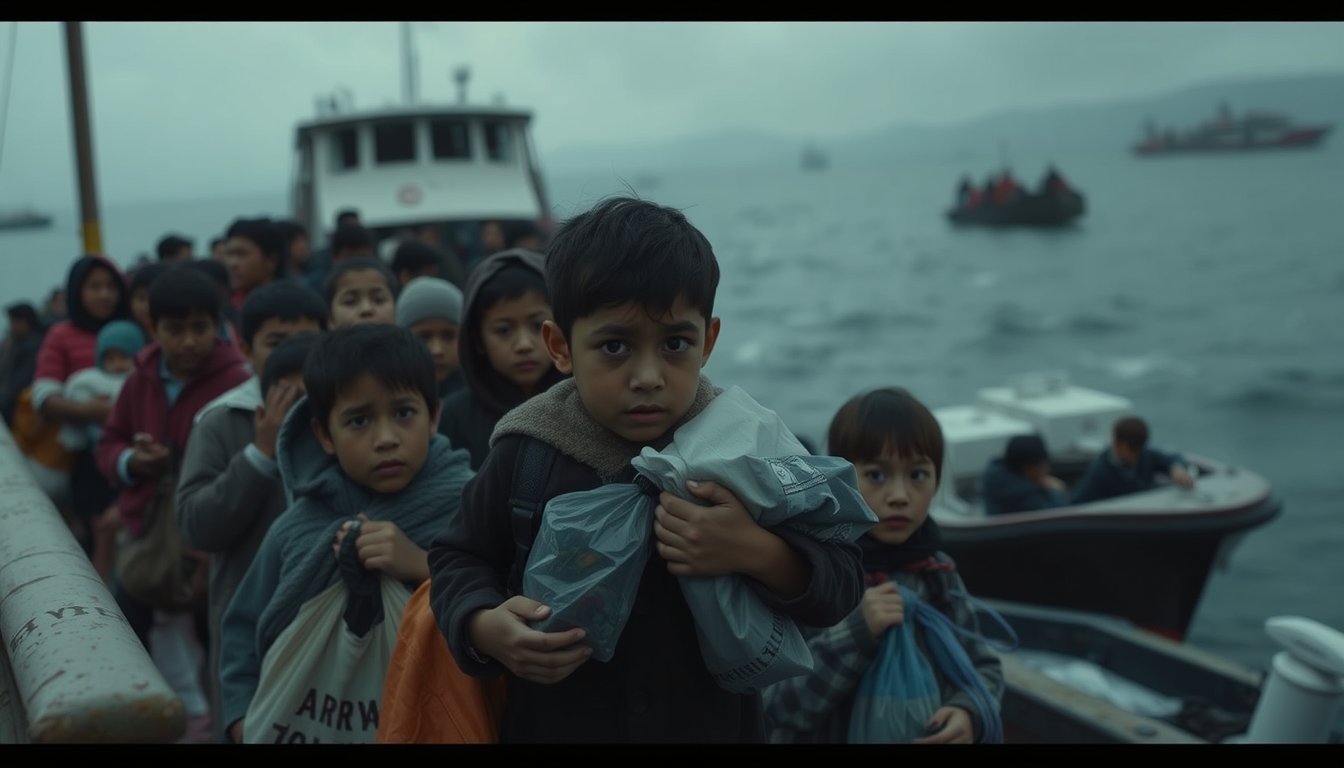Throughout history, Spain has witnessed multiple episodes of exodus and migration, some of which have profoundly impacted the child population. One of the most striking chapters is the exodus of children during the Spanish Civil War (1936-1939), a phenomenon that not only involved evacuating thousands of boys and girls to other countries but also left emotional and social scars that are still remembered today.
Why did the exodus occur?
The outbreak of the Civil War created a situation of extreme instability, with constant bombings and fighting that especially affected the most vulnerable population: children. In the areas most devastated by the conflict, authorities and humanitarian organizations decided to evacuate minors to protect them from the horrors of war. Families, anxious about the safety of their children, agreed to send the little ones to places where they could be safe, even if it meant indefinite separation.
Destinations of the Evacuated Children
Thousands of Spanish children were transferred to different countries that offered refuge, such as France, Belgium, the United Kingdom, the Soviet Union, and Mexico. The conditions of these transfers were not always easy. Some children traveled on overcrowded ships, while others had to endure long journeys by land, facing fear and uncertainty about the future.
Once in their host countries, the children were received by local families, placed in shelters, or assigned to communities willing to provide a safer environment. However, cultural shock, language barriers, and longing for their loved ones made adaptation a painful and challenging process.
Long-Term Consequences
The impact of this exodus was profound and complex. Many children never saw their families again, while others returned to a very different Spain from the one they left. The memories of separation and war marked an entire generation, leaving a legacy of resilience and strength but also of trauma and loss.
The experiences of these children have become symbols of the struggle for survival in times of conflict. Today, efforts continue to document and honor their stories, both to remember their bravery and to reflect on the human consequences of war.
Legacy and Memory
The exodus of children in Spain is a story that remains alive in collective memory, and there are still testimonies, archives, and literary works that narrate these experiences. Remembering this episode is essential to understanding how wars affect the most defenseless and to reflecting on the importance of protecting and safeguarding the rights of children in conflict situations.
The story of these children is a reminder that war is not only fought on battlefronts but also profoundly impacts homes and families, forever changing the destinies of entire generations.



